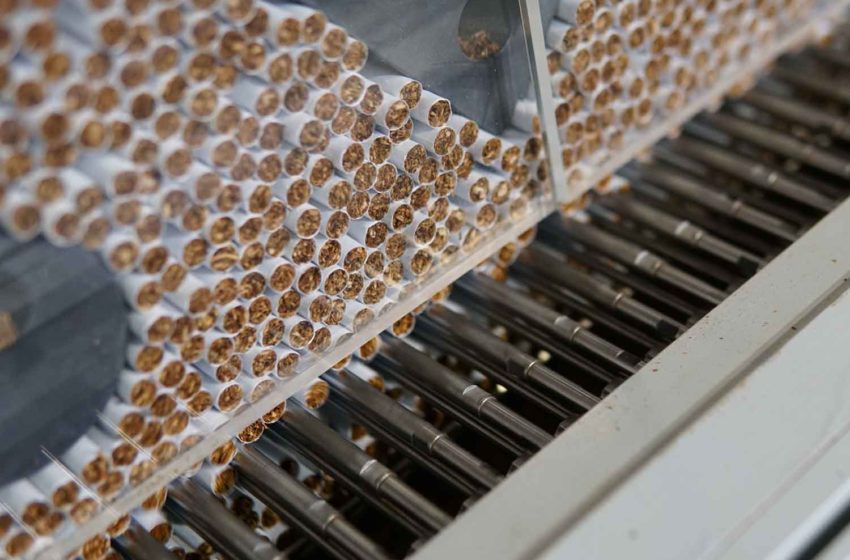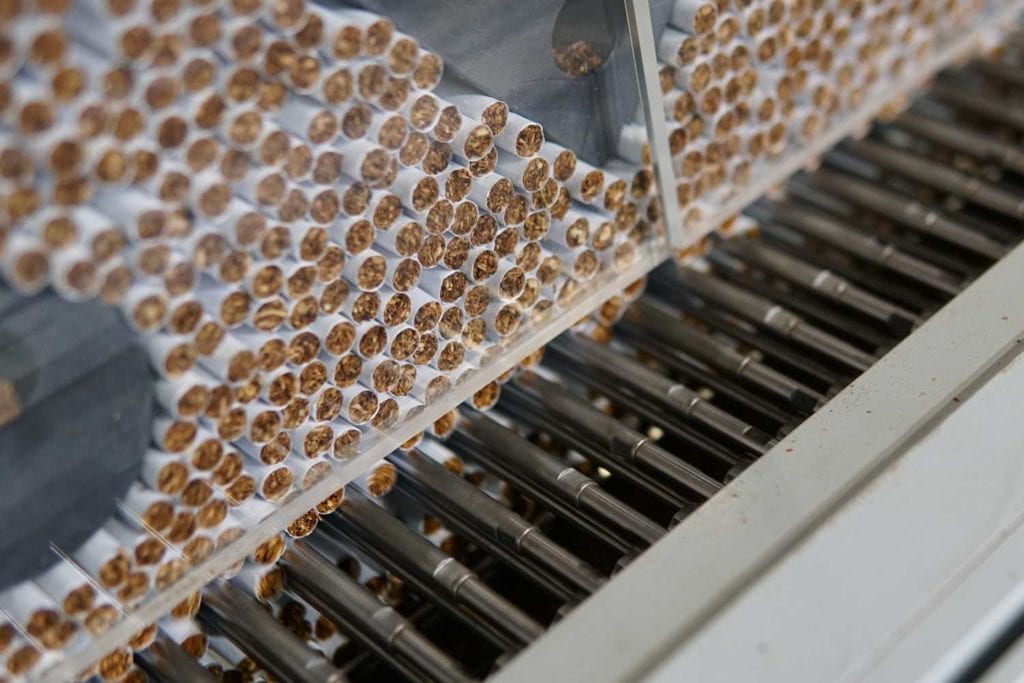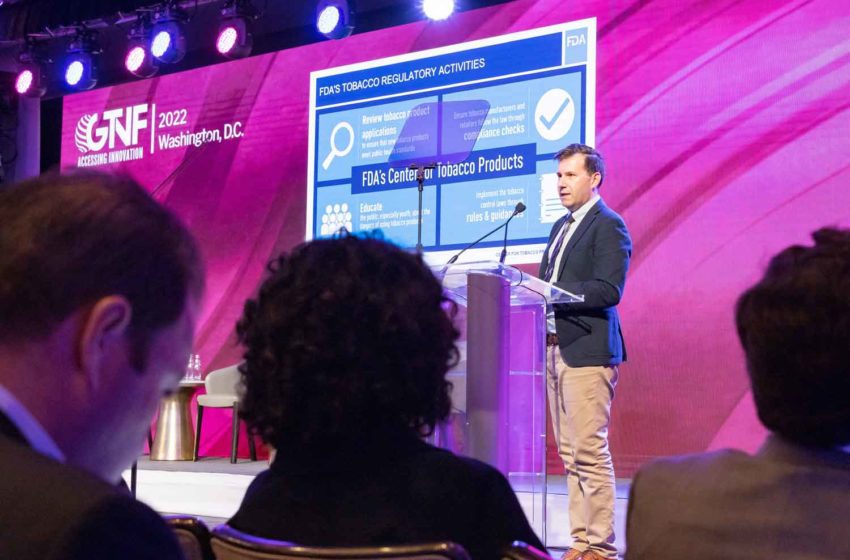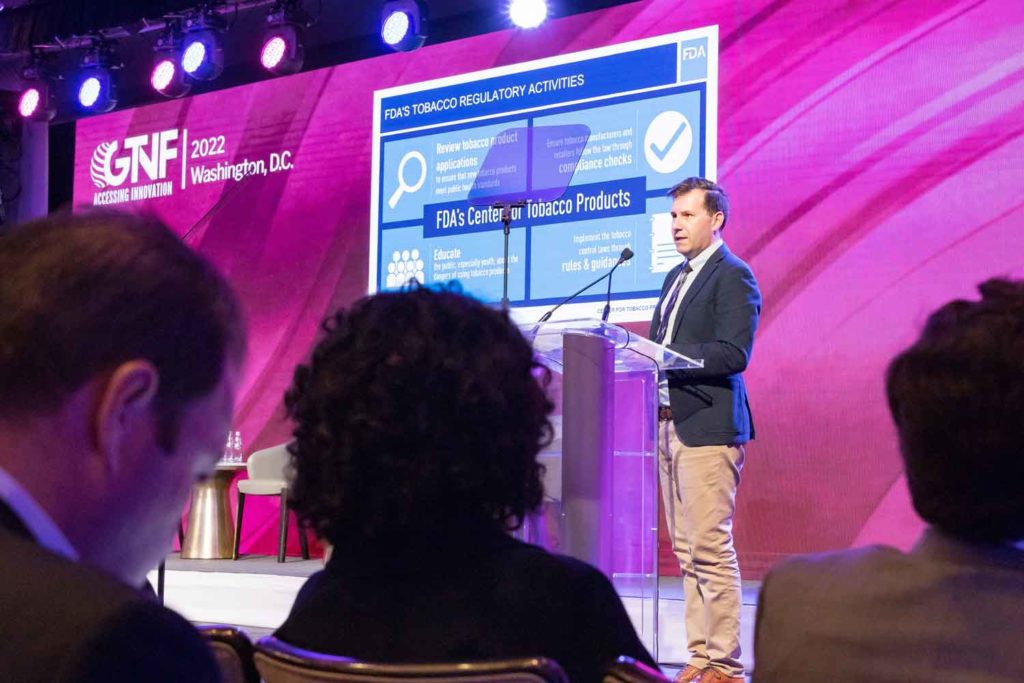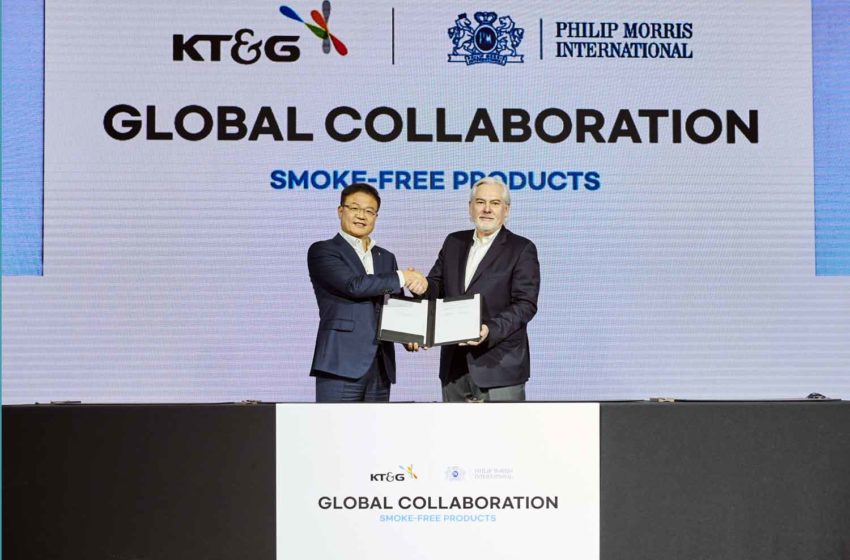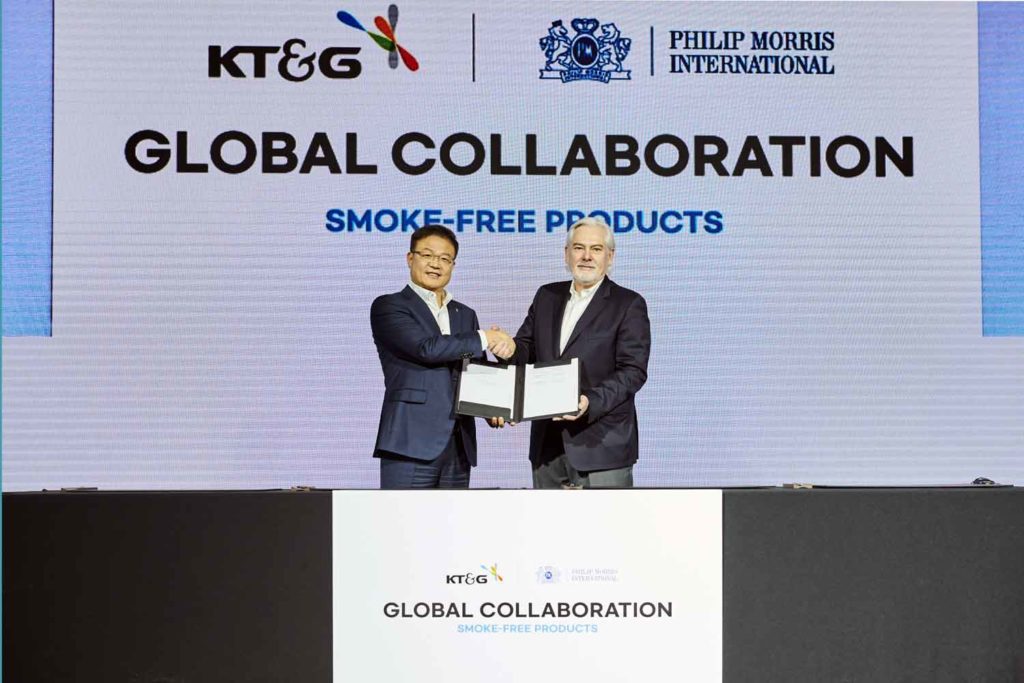
Knowledge-Action-Change (KAC) has released a global survey investigating the role and activities of consumer organizations advocating for access to safer nicotine products (SNPs) and tobacco harm reduction.
Carried out by KAC’s Global State of Tobacco Harm Reduction project, the research was published in Public Health Challenges.
It reveals that there are 54 active consumer advocacy groups working around the world to raise awareness about, and promote the availability of and access to, SNPs, which include nicotine vaping products (e-cigarettes), Swedish-style snus, nicotine pouches and heated-tobacco products.
The authors of the survey found that the vast majority of organizations (42) were operated entirely by volunteers, most of whom had successfully quit smoking with the help of SNPs.
Only seven of the groups had any contracted or paid staff (13 people globally), and for the last full year, the total funding for all organizations surveyed amounted to $309,810. This is in stark contrast to the millions of dollars spent on campaigns by actors, such as Bloomberg Philanthropies, seeking to limit access to SNPs, such as nicotine vaping products. The paper also notes that none of the consumer advocacy organizations reported receiving funding from tobacco or pharmaceutical companies.

This paper starkly demonstrates the major imbalance in resources available to consumer organizations advocating for access to safer nicotine products and those opposed to tobacco harm reduction, unfairly skewing the debate.
Gerry Stimson, director, KAC
Many of these organizations are members of four regional umbrella organizations covering Latin America (ARDT Iberoamerica), Africa (CASA), Europe (ETHRA) and Asia-Pacific (CAPHRA).
“This survey offered a unique opportunity to map these advocacy organizations for the first time and provide valuable insight into how they are operating all over the world,” said Tomasz Jerzynski, lead author and data scientist for the Global State of Tobacco Harm Reduction project. “The sustainability of these organizations is one of the main concerns that has come out of the data. All of these groups face challenges due to their small numbers of core workers and their dependence on volunteers.”
“This paper starkly demonstrates the major imbalance in resources available to consumer organizations advocating for access to safer nicotine products and those opposed to tobacco harm reduction, unfairly skewing the debate,” said Gerry Stimson, report author, director of KAC and emeritus professor at Imperial College London. “It also highlights why consumer groups must be recognized as legitimate stakeholders in the policy sphere.”








